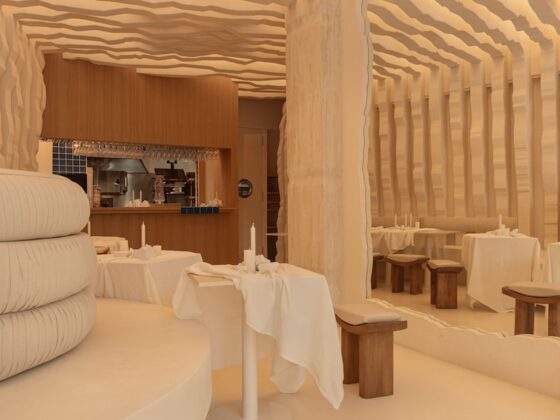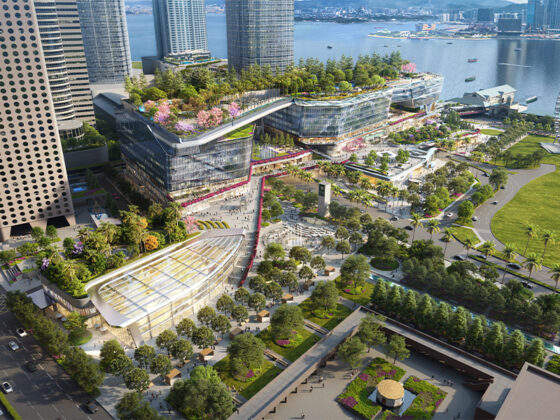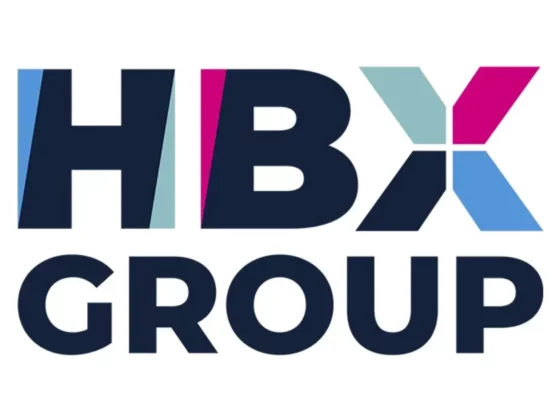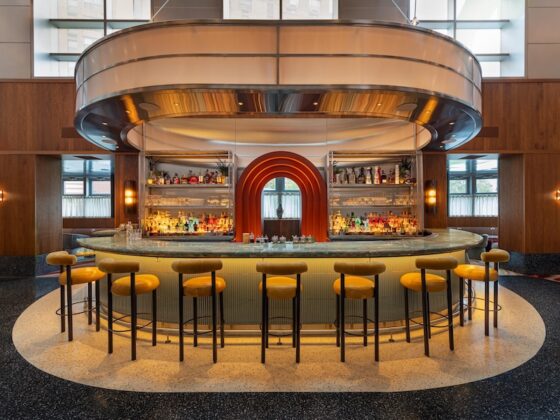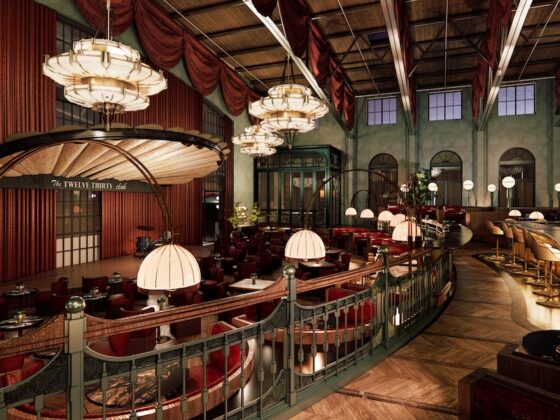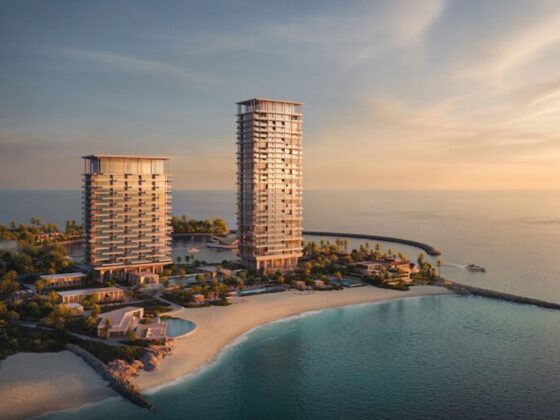
Since 1 January 2015, all ERPs (establishments open to the public) are required to comply with accessibility standards for any person with any disability (motor, visual or mental…). This measure also concerns the French hotel sector. As a result, many homeowners have embarked on renovations to comply with the law. This refreshment is a good way to give the hotel a facelift but also to diversify the type of clientele. If you are a hotel owner, find the main accessibility standards to be respected.
Table of Contents
The reception of travellers with disabilities
The principle of accessibility to buildings for any person with a disability dates back to the Disability Act promulgated on February 11, 2005. In order to help hoteliers achieve this objective, the government has set up the Ad’AP scheme in 2014. This scheduled accessibility agenda allows establishment owners to commit to carrying out the necessary renovation work within a specific timeframe. However, this scheme ended on 31 March 2019. Hotels that do not comply with accessibility measures must now apply for a permit to carry out full compliance work.
The decree of 8 December 2014 details the accessibility standards to be respected by establishments with accommodation premises. The text defines the minimum number of rooms to be adapted for persons with reduced mobility (PRM):
a 1 room suitable for a 20 room hotel
� 2 rooms fitted out for a 50 room hotel
� 1 additional room for every 50 additional rooms
If the hotel has less than 10 rooms and none of them are located on the ground floor, the hotelier is not obliged to offer a suitable room. However, the accessibility of a hotel does not stop at people with motor disabilities. For this reason, an unfinished room may be occupied by a traveller with a mental, hearing or visual impairment as long as it meets the standards defined for these disabilities.
Accessibility standards apply to all types of disabilities
Welcoming travellers with a motor disability requires an adapted layout. This starts with parking spaces: 2% of the spaces must be reserved for PRMs. Secondly, PRMs must have easy access to the hotel entrance. If the work is not feasible, a second entry can be created. The installation of a lift adapted to PMR standards is compulsory if different services are offered on the floors (gym, restaurant…). With regard to the layout of the rooms, the hotel-keeper must ensure that sufficient manoeuvring space is available. The bathroom must also meet PMR standards (grab bar in the shower, washbasin located at a maximum height…).
The Act detailing accessibility standards also provides for measures to facilitate access for persons with mental, visual or hearing disabilities. Indeed, the signage is very important, it allows any traveller to find his way around a hotel but also to identify potential danger zones. As such, it must be legible, understandable and visible to all travellers regardless of their disability. For the visually impaired, hoteliers are required to install specific equipment such as footblocks at the entrance to the stairs. For the hearing impaired, the hotelier can replace the sound system by using vibrators or flashing lights.
If the hotel does not comply with accessibility standards
Some hotels may be exempt from accessibility retrofit work. There are 4 grounds for derogation defined by the code of construction and housing:
� Technical impossibility to carry out the work
� Significant difference between the cost of the work and usage
� Constraints associated with heritage conservation
� Refusal of co-owners to carry out the work if the establishment is located in a co-ownership
If the hotelier does not comply with the regulations on the accessibility of a hotel, he risks a fine of 45,000 euros, 1 year imprisonment and the administrative closure of his establishment. Furthermore, the owner may be held morally liable. Bringing your hotel up to accessibility standards is therefore essential to guarantee the sustainability of your business.
Today, any person with a disability must be able to access a hotel under the same conditions as other travellers. The concept of disability encompasses motor, visual, hearing and intellectual impairments. That is why the government has ratified a law defining the planning standards to be respected. Although renovation work represents a significant cost for hoteliers, it is a real opportunity to attract new clientele.


